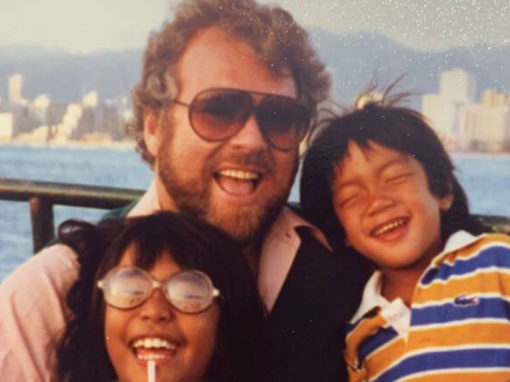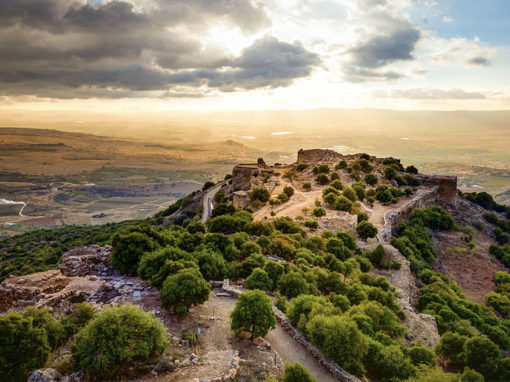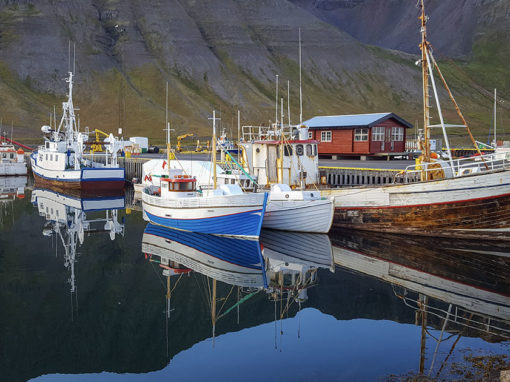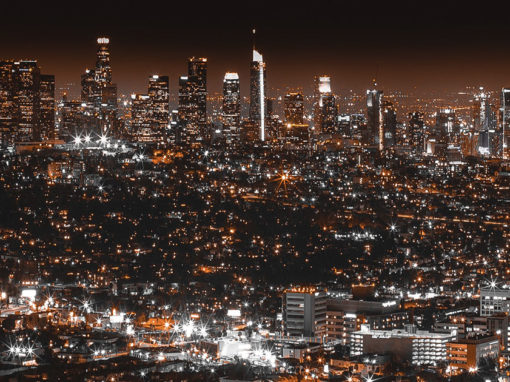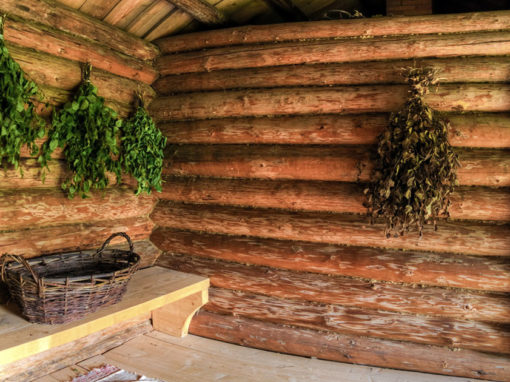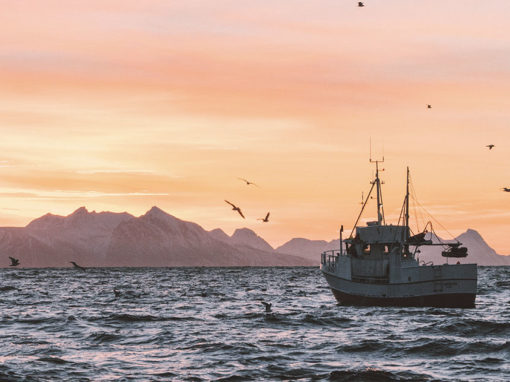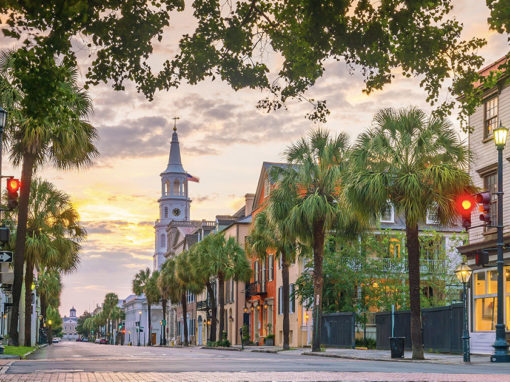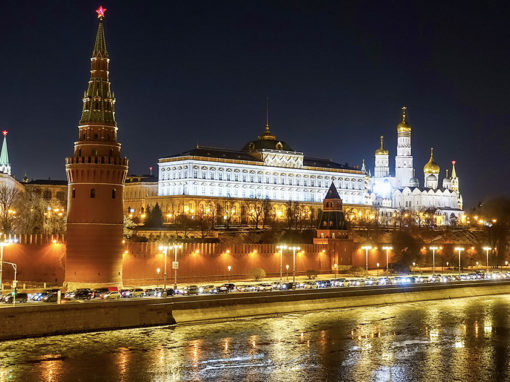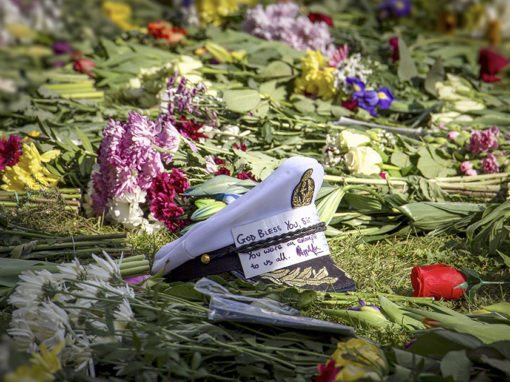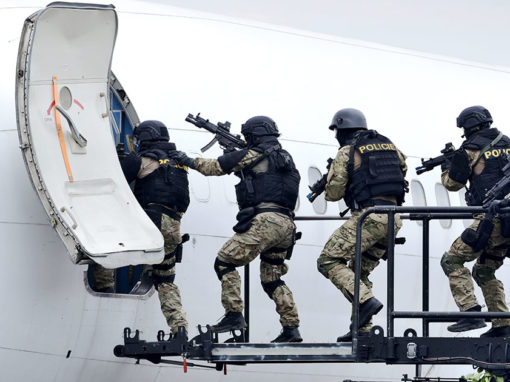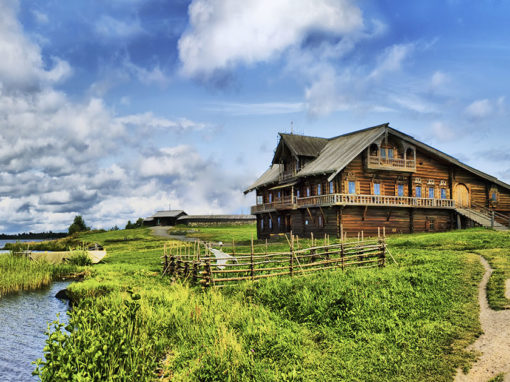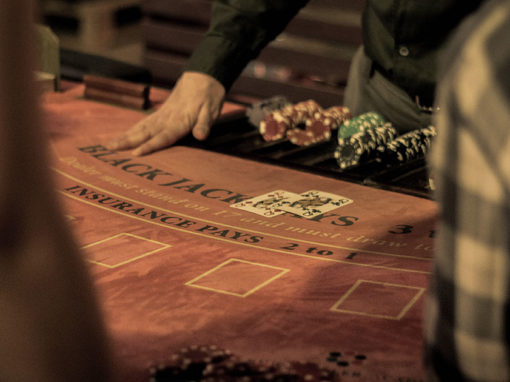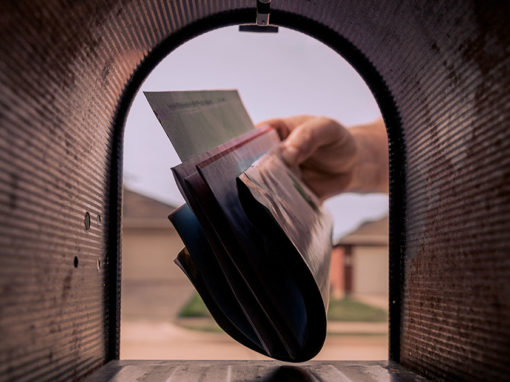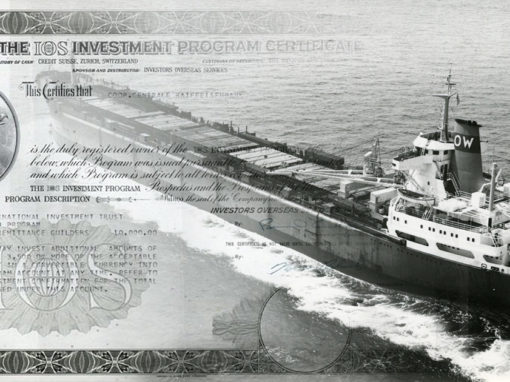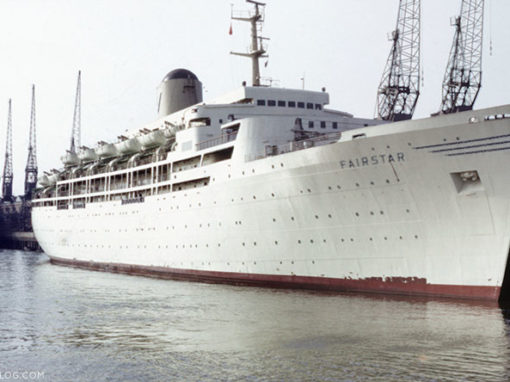In 1964, I was working on a Yugoslavian Iron Ore carrier that was trading iron ore between Norway and Tunisia. I had only signed on for one trip from Narvik to Tunis, and on then to Irlam in Northeast England where I was due to disembark. So, on the way, I decided to apply to go on a fishing trawler, thinking it would be a good experience.
I got accepted by Marconi to join a fleet of trawlers sailing out of Hull and was told to report to duty a couple days after arriving back in the UK, so I went home to my mother’s flat in London to gather some bits and pieces. Unbeknownst to my mother, I had grown my first beard and when I turned up at her home she was not happy.
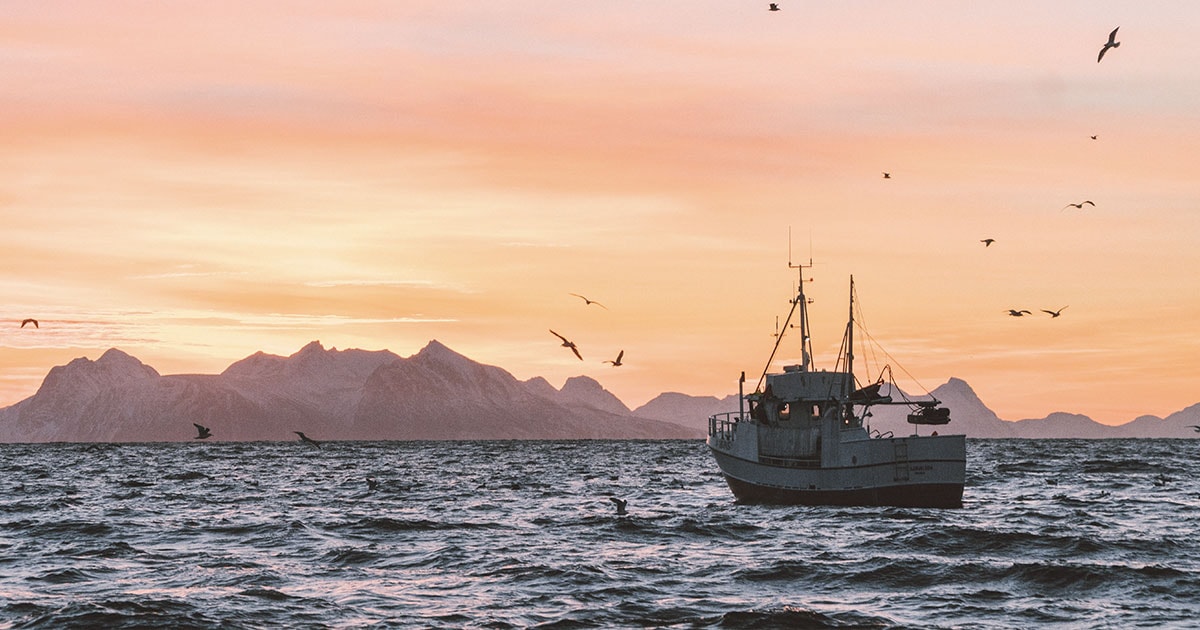
I said, “Look darling, I’m going trawling in two days and all fishermen have a beard, so I want to look the part.”
Off I went to Hull to join the Peter Cheney fishing trawler, a ship full of Yorkshire men. As I’m sure you can imagine, they gave me a rough time as I came from the south. I also found out that, of the entire fleet of 170 or so trawlers sailing out of Hull, there was only one other man with a permanent beard. And he had been at sea for 50 years.
The Peter Cheney had a radio room and I could lie in my bunk and switch my transmitter on and off with my big toe. Despite the size of the trawler, it had as much radio equipment as a passenger liner I’d been working on for a number of years. We sailed into The North Sea and the rest of the crew were all getting drunk during the journey. They used to load up with liquor before leaving port, but it always got drunk before we hit the fishing grounds because there was no time to drink when the real work began. This came with its own problems, as they were drinking so much that the Chief Engineer managed to blow out the engines and auxiliaries. How he did that, I don’t know.
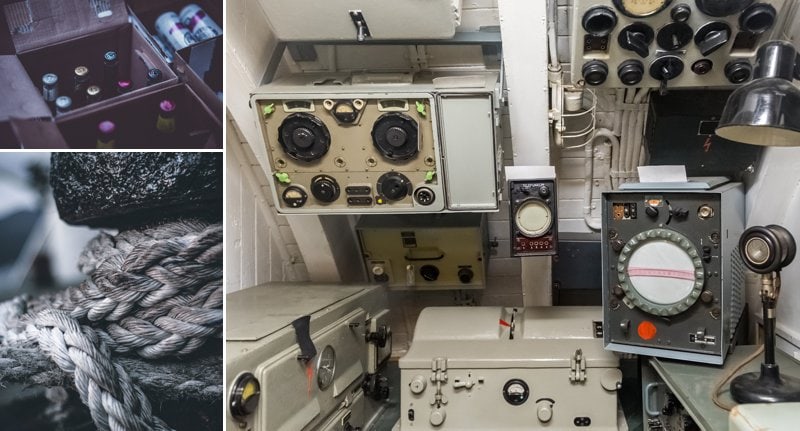
There we were, in the middle of The North Sea, on our way to Iceland, North Russia, and Greenland, with good-for-nothing engines. Then a huge fog bank descended on us. So, I had to operate the radio station for two days straight and change the batteries constantly. The crew couldn’t do anything as we were without motor or electricity. The skipper then came to me as the ship was drifting towards the rocks in thick fog and asked me to send out a distress warning – an SOS – something that most radio officers never have to do. The Bridlington and Flamborough Head lifeboats were launched to come to our aide and assistance. My mother was at home listening to BBC Radio when she heard about The Peter Cheney being in distress.
We were only a mile away from the rocks when the lifeboats saved us and towed us back into Hull. I was then asked to go to an insurance enquiry review the following day. I got a fair night’s sleep and woke up to attend my appointment. On walking into the office the next day, there was a three-man investigative panel waiting for me.
After I had taken a seat I was asked in a rather unfriendly manner – “Mr. Guttridge, would you attribute excessive drinking to this unfortunate incident?”
I replied, “I can’t tell you Sir because I was fully occupied in keeping my station working that I didn’t see anything else going on.”
That was that and I got a commendation from Marconi, a company who supplied radio officers to fishing trawlers and other vessels, for keeping my station working during such distressing circumstances.
